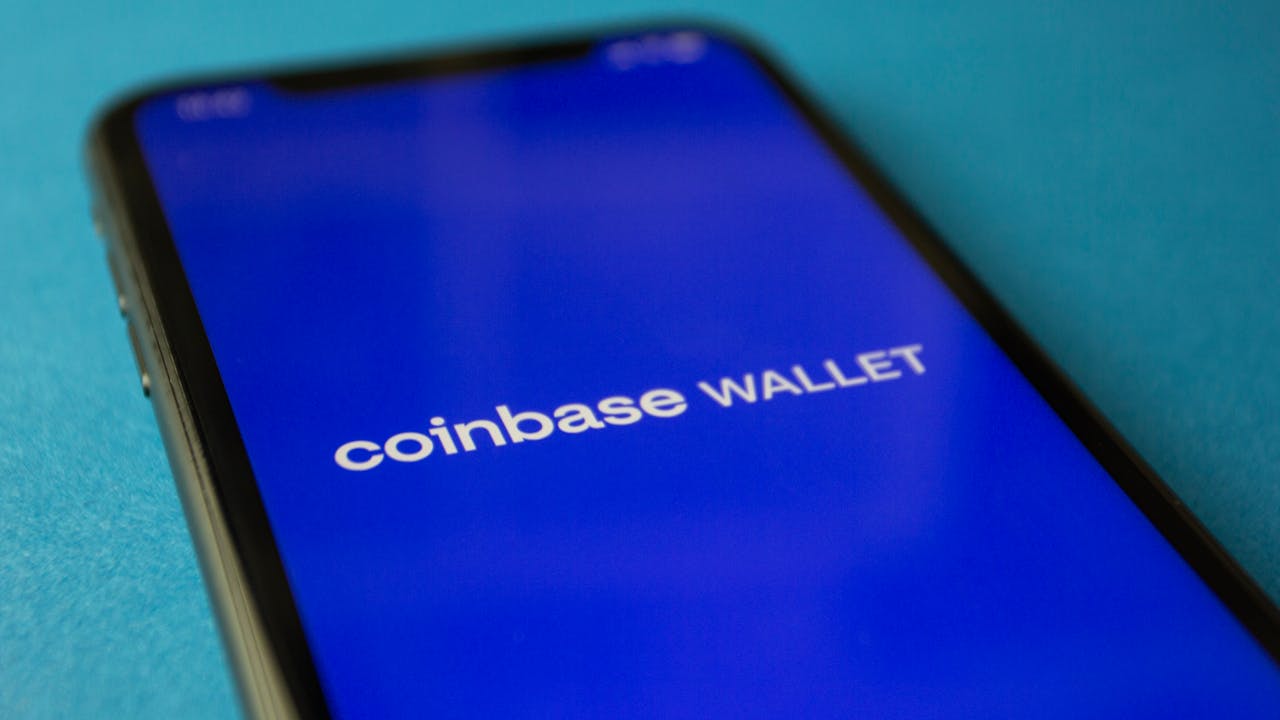A wave of change is currently sweeping through the world of cross-chain bridging protocols. The trailblazer of this evolution is Connext, who recently publicized their innovative initiative – the "xERC-20" token standard. The primary objective of this novel standard is to minimize the financial devastation that follows bridge hacks, a phenomenon that has become all too common in the crypto space.
The brain behind this preventive solution is Arjun Bhuptani, the founder of Connext. Bhuptani and his team initially proposed this token standard as an Ethereum Improvement Proposal (EIP) 7281 on July 7. His argument rests on the notion that the onus of securing bridges from hacking attacks should rest with the token issuers since they are the ones to bear the brunt of such breaches.
The xERC-20 token standard offers a considerable amount of control to token issuers. This control includes maintaining a registry of official bridges and managing the number of tokens each bridge can create. This centralized command ensures that only official versions of a token, sanctioned by the issuers themselves, get circulated. Smart contracts will enforce this regulation.
EIP-7281, however, does not altogether forbid bridges from minting their token versions. These, though, will not be recognized as official or "canonical" versions. Eventually, Bhuptani believes, consumers will instinctively shun these unofficial tokens, creating a safer DeFi environment.
Alchemix Finance, a decentralized finance platform, is already lined up to integrate the xERC-20 tokens. Moreover, Connext has expressed its readiness to implement the standard even before its official nod of approval, thereby making it immediately available to end-users.
The approval process for an EIP to become an official part of the Ethereum ecosystem can take several months. Despite this, the July 24 proclamation mentioned that the new token standard would be compatible with the officially approved version when it comes.
Bhuptani holds strong that this implementation will deter bridges with inadequate security or extreme centralization from gaining any serious traction. This move comes after an anonymous individual bypassed the Multichain bridging protocol’s security and withdrew over $100 million from the CEO's cloud storage system, intensifying the community's concern over bridge security.



























Comment 0